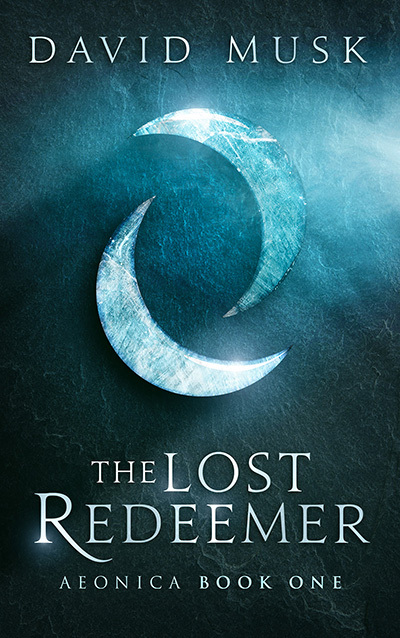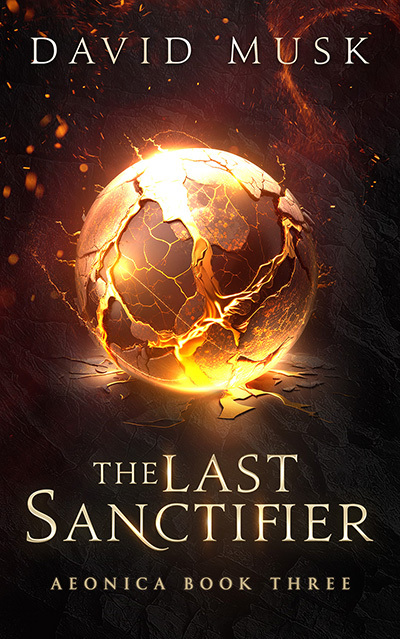Showing vs. Telling Part 3: Numbers and Character Descriptions
August 07, 2021 · 6 minute read
Numbers are an intuitive way to communicate information. They're quick, they're easy, and they get the message across.
If I say Bob is 27 years old, 6'0" tall, and 170lbs, that paints a pretty clear picture, right? (Unless you use metric, then you may or not be confused right now.)
But like most forms of telling, this is just raw information. Numbers are great for technical writing, but not always the best choice for fiction. They don't create evocative images in our minds, and we honestly don't care that much about them.
Today, we're going to talk about numbers in fiction. When to use them, and when to replace them with more evocative images. But first, let's talk about...
Numerals
Here's a quote from Will Wight, originally posted as advice to a fellow writer on reddit:
Don't use numerals, use words.
He didn't buy 6 rubber clowns, he bought six rubber clowns.
There's a similar reason for this: it's about the appearance of the text. Numerals stand out at a glance, giving them disproportionate weight in the sentence, while letters don't.
It also doesn't sound quite right in a reader's mind.
"I traveled 60 miles," he said.
"Oh yeah? Well, I walked sixty miles UPHILL on my HANDS."
The second one looks more correct, even though both sentences are totally understandable.
So instead of saying "Bob was 27 years old, and 6'0" tall," I could say: "Bob was twenty-seven years old, and six feet tall."
Both sentences communicate the same information, but the second looks more polished and professional.
Now, this isn't to say we should spell out everything. We always use numerals when referring to years.
For example, I was born in 1990, not nineteen-ninety. The latter is just weird and confusing. The same goes for a long, specific number like 567819. No one wants me to write that out.
My goal here isn't to cover all the rules and exceptions though. Not only would that take forever, but that's what style guides are for. Instead, I want to raise awareness about an issue I see almost every time I read amateur fiction.
If you need to include a number (especially a number between zero and one hundred) then consider writing it instead of using the numeral. If you think your situation is more complicated, then don't take my word for it. Consult your style guide of choice!
Describing a Character's Age
I once critiqued someone's work, and found a description like this:
I walked inside the inn to find a 60-year-old man standing behind the counter.
I had two questions here. First, how does the POV character know this man's exact age? You might argue that the protagonist is guessing. If that's the case, the author could have at least phrased it like this:
A man in his sixties stood behind the counter.
This is better, but it brings us to my second question: what does a man in his sixties look like?
You might already have some mental image of a stereotypical old man, but when you think closer, there's a lot of room for variety. What if the man has good genetics, runs marathons, eats a healthy diet, and wears sunscreen every day? In this case, he might look better than many people in their forties.
By contrast, imagine that he didn't hit the genetic jackpot. He also smokes, drinks, doesn't exercise, and eats a lot of junk food. He might look older than many people in their eighties.
Still, I get what the author meant. The innkeeper is probably supposed to be old. Otherwise, he wouldn't have mentioned his age at all. But instead of telling us that with numbers, why not show us with some visual clues? Is he hunched over with wrinkled skin, sun spots, and gray hair? Show us that rather than telling us raw data. Let us infer the age on our own.
Sometimes, using numbers to describe ages might make sense. Especially with kids or teenagers. It's easier to say "a ten-year-old" than it is to provide visual clues like height and body size. It's also more natural for us to think in terms of numbers when it comes to children.
Still, unless the character's exact age is relevant to the plot, you can afford to be less precise, especially with adult characters.
Here's an excerpt from Aeonica:
The nearby fire illuminated Ilsa's brown hair, revealing glints of gray.
This implies the character is middle-aged without being too specific. Ilsa's a secondary character, so there was no need to share her exact age.
Even if I wanted to be more precise, there are other ways to do this without using numbers.
For example:
1. She looked a few years older than Nahlia's mother.
2. The older woman was probably twice her age.
We tend to think in comparisons rather than numbers. And when we write our fiction this way, we're experiencing the information through the POV character's eyes.
Using Numbers to Describe a Character's Height.
How many Isekai stories on Royal Road have we seen with a description like this?
Her new body was 5'7" tall.
Again, we have the same problem with the innkeeper. How does she know exactly how tall her new body is without a tape measure?
And then we get these descriptions in your typical YA story (more common on Wattpad than Royal Road):
I got out of bed and examined myself in the mirror. I was 5'3" with a slender frame, blond hair, and blue eyes.
Ignoring the cliche mirror description ... who randomly thinks about their height like this?
As an author, I understand the urge to put your characters' heights on the page. You might have labored over a character sheet until you had the perfect mental image of your protagonist. It's only natural to want your readers to experience the same story.
But here's the problem: the character's exact height isn't as important as you think. Chances are, few readers will care, much less bother to remember it. Our brains are wired to remember vivid images and emotionally charged moments, not cold hard numbers.
If you want to communicate that your character is short, put him in a situation where he needs to walk through a crowded hallway, or where he's the shortest one in the group. This establishes some sympathy for the character, however small (no pun intended.) And that emotional connection will have a bigger impact than a number.
Same thing for tall characters. Maybe the character feels self-conscious about her height during a conversation with her love interest, or maybe she uses it to her advantage during combat training. Maybe she struggles to fit into the backseat of a car, or maybe someone asks her to reach something on a high shelf.
The point is, we only think of our heights when we're around other people. Even then, it's more natural to think in comparisons.
For example:
1. The girl was a few inches shorter than me.
2. The man was even taller than my dad.
3. She was a head taller than anyone else in the room.
Obviously, we could create even more evocative images with similes and metaphors, but not every sentence needs to be a poem. For now, the goal is to get away from overly specific numbers and replace them with something closer to human thought. If you can do that, then you'll have a leg up over your competition!



